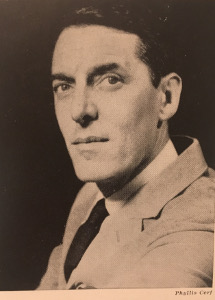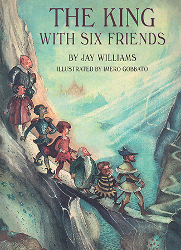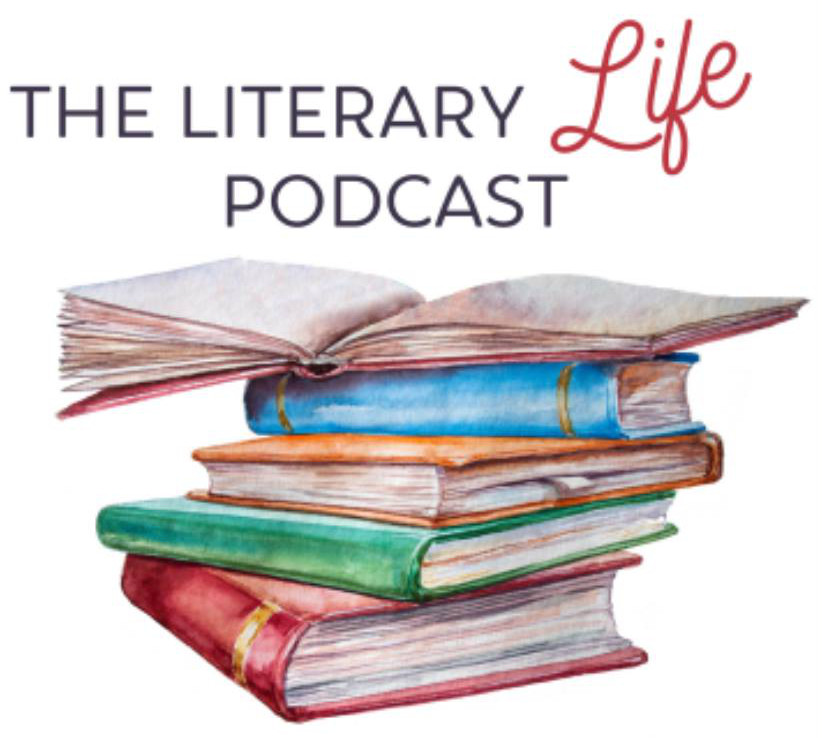The King With Six Friends

Author:
Jay Williams
Illustrator:
Paul Goble
Publication:
1968 by Parents Magazine Press
Genre:
Fairy Tales, Fiction, Folk Tales
Pages:
40
Current state:
Basic information has been added for this book.
It has been read but content considerations may not be complete.
Book Guide
Search for this book used on:
The worst thing about being a king is that if you lose your job it's awfully difficult to find another one. When young King Zar goes out into the world to look for work, he soon discovers that most kingdoms already have rulers. And besides, no one wants to hire a king with very little experience, until—
Zar meets six rather unusual and resourceful people. There is Edge who can turn himself into an ax with a sharp blade, and Agus who can become an elephant at will. The others can turn themselves into such useful things as fire, a tree, a snake, or a swarm of bees.
As Zar finds ingenious ways to make the best use of the talents of his six friends, job hunting becomes a fantastic and humorous adventure. Of course there is a happy ending in which Zar proves himself an able leader. And, after all, that's the best thing to be if you're an unemployed king and you would like to rule a kingdom—and perhaps marry a beautiful princess as well.
From the dust jacket
Resource Guide
Episode 70: Why Read Fairy Tales?
Released in 2020 by The Literary Life
Available formats: Streaming Audio
Length: 1 hr. 29 min.
View on the The Literary Life site
"Angelina Stanford and Cindy Rollins tackle the topic of fairy stories, discussing the what, why and how of reading them. Angelina shares the distinctive characteristics of fairy stories in contrast to other types of stories, such as myths. They deal with the question of whether fairy tales are 'escapist', the influence of the Grimm brothers scholarly work on interpreting fairy stories, and allowing the story to unveil its deeper truths without forcing meaning onto it.
Angelina gives an illustration of how to see the gospel messages in fairy tales by talking us through the story of Sleeping Beauty. She refutes the ideas that fairy tales are about human romance or are misogynistic. She also highlights some of the Enlightenment and Puritan responses to fairy tales that still linger with us today. Cindy and Angelina also discuss some common concerns such as the magical, weird, or scary aspects of fairy tales. Angelina also makes a distinction between folk tales, literary fairy tales, and cautionary tales."
Find This Book
Search for this book used on:





